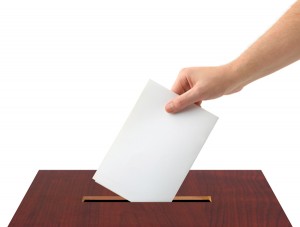By Steve Brawner
© 2020 by Steve Brawner Communications, Inc.
On March 20, 1854, a group of anti-slavery activists met in a one-room schoolhouse in Ripon, Wisconsin. They formed a new political party at that meeting and called themselves Republicans.
That schoolhouse is generally considered the Republican Party’s birthplace, though that’s disputed. Momentum was building across the country. Six years later, Abraham Lincoln was elected the country’s first Republican president. Five years after that, the Civil War ended, and so did slavery.
This year I cast yet another “protest” vote in the presidential race – not really for a candidate, but against the two major parties and their policies. There were 11 other names on the ballot in Arkansas, and I chose the Libertarian even though that party does not really reflect my views. Continue reading What I wish I could have voted for
